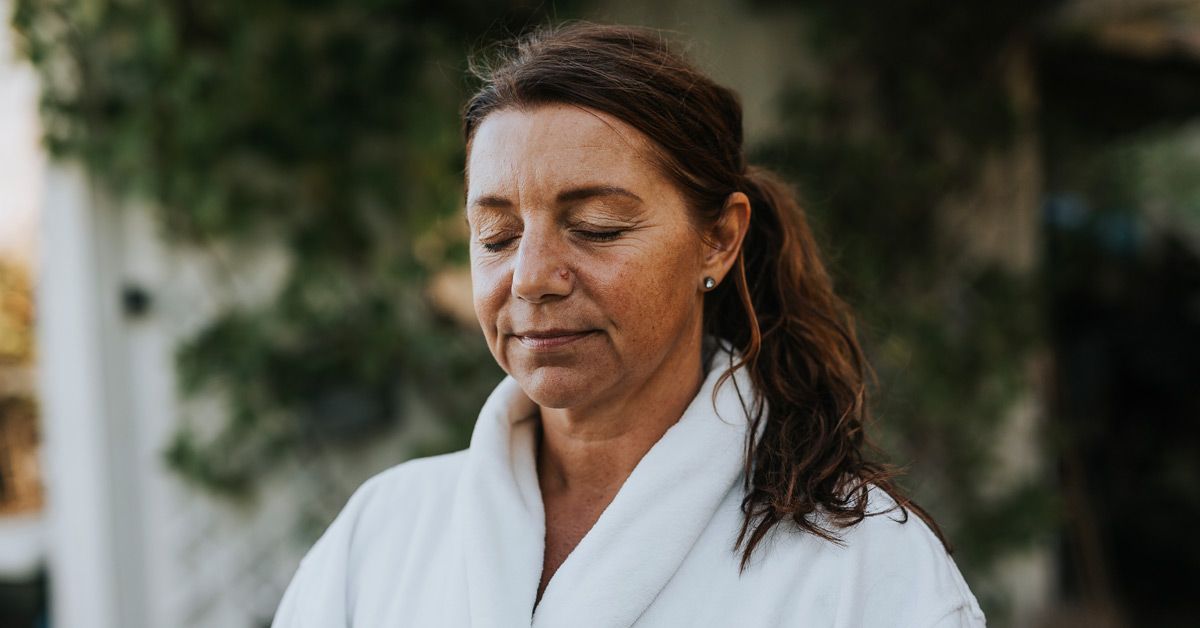Panic Attack vs. Anxiety Attack: What’s the Difference?
Understanding Panic Attacks
Panic attacks are episodes of intense anxiety that lead to severe cognitive, emotional, and physical symptoms. They are recognized as a common symptom of panic disorder, but anyone may experience a panic attack during their lifetime. Panic attacks can occur without an obvious cause or in response to specific stressors, such as phobias.
The Diagnostic and Statistical Manual of Mental Disorders, 5th edition, text revision (DSM-5-TR) doesn’t include "anxiety attacks" as a stand-alone diagnosis. Instead, the reference manual lists anxiety disorders, which include conditions such as generalized anxiety disorder, social anxiety disorder, and specific phobias.
Symptoms of Panic Attacks
Panic attacks can cause physical and emotional symptoms, including:
- Apprehension and worry
- Intense distress
- Fear of dying or losing control
- A sense of detachment from the world (derealization) or oneself (depersonalization)
- Heart palpitations or an accelerated heart rate
- Chest pain
- Shortness of breath
- Tightness in the throat or feeling like you’re choking
- Dry mouth
- Sweating
- Chills or hot flashes
- Trembling or shaking
- Numbness or tingling (paresthesia)
- Nausea, abdominal pain, or upset stomach
- Headache
- Feeling faint or dizzy
What’s the Difference between a Panic Attack and Anxiety Attack?
The term "anxiety attack" is not a formal medical term. While it may be used to describe episodes of heightened anxiety, it does not correspond to a specific mental health symptom or condition. Panic attacks, on the other hand, are recognized episodes of intense anxiety with severe physical and mental symptoms.
Causes of Panic Attacks
Panic attacks can occur for expected or unexpected reasons. Unexpected panic attacks have no clear external triggers, while expected panic attacks happen when you face a known trigger, such as a phobia.
Other Sources of Mild to Severe Anxiety
Other sources of mild to severe anxiety, including panic attacks, may include:
- Experiencing trauma or witnessing traumatic events, either as a child or as an adult
- Experiencing a stressful life event, such as the death of a loved one or a divorce
- Experiencing ongoing stress and worries, such as work responsibilities, conflict in your family, or financial woes
- Living with a chronic health condition or life-threatening illness
- Having an anxious personality
- Having another mental health condition like depression
- Having close family members who also have anxiety or panic disorders
- Using illegal drugs or consuming alcohol
Getting a Diagnosis
Because it’s not a formal condition, healthcare professionals will not diagnose anxiety attacks. Instead, if you have persistent anxiety or panic attacks, they may diagnose an anxiety disorder. A doctor will ask you about your symptoms and conduct tests to rule out other health conditions with similar symptoms, such as heart disease or thyroid problems.
Treatment Options
Mental health professionals may prescribe different strategies, including psychotherapy, lifestyle adjustments, and medications, to manage anxiety disorders. Examples of medications a doctor may prescribe for anxiety symptoms are selective serotonin reuptake inhibitors (SSRIs), serotonin-norepinephrine reuptake inhibitors (SNRIs), and benzodiazepines.
Lifestyle Changes
The following lifestyle changes can help you prevent anxiety and panic attacks, as well as reduce the severity of symptoms when an attack occurs:
- Take slow, deep breaths
- Recognize and accept what you’re experiencing
- Practice mindfulness
- Use relaxation techniques
- Engage in regular exercise
- Get enough sleep
- Eat a healthy diet
Conclusion
In conclusion, panic attacks are recognized episodes of intense anxiety with severe physical and mental symptoms. While the term "anxiety attack" is not a formal medical term, it may be used to describe episodes of heightened anxiety. Understanding the difference between a panic attack and anxiety attack can help you better manage your symptoms and seek appropriate treatment.
FAQs
Q: What is a panic attack?
A: A panic attack is an episode of intense anxiety that leads to severe cognitive, emotional, and physical symptoms.
Q: What causes panic attacks?
A: Panic attacks can occur for expected or unexpected reasons. Unexpected panic attacks have no clear external triggers, while expected panic attacks happen when you face a known trigger, such as a phobia.
Q: How are panic attacks treated?
A: Mental health professionals may prescribe different strategies, including psychotherapy, lifestyle adjustments, and medications, to manage anxiety disorders.
Q: Can panic attacks be prevented?
A: Yes, lifestyle changes such as taking slow, deep breaths, practicing mindfulness, and engaging in regular exercise can help prevent panic attacks.
Q: What is the difference between a panic attack and anxiety attack?
A: The term "anxiety attack" is not a formal medical term, while panic attacks are recognized episodes of intense anxiety with severe physical and mental symptoms.
Recommended Products:
-
Sale!

NOW Supplements, L-Theanine 200 mg with Inositol, Stress Management*, 120 Veg Capsules
Original price was: $45.99.$21.76Current price is: $21.76. Buy Now -

MagTech Magnesium Supplement – Chelated Magnesium Complex – 3 Forms of Magnesium: Magtein Magnesium L-Threonate, Glycinate & Taurate – Supports Relaxation & Brain Health*, 90 Magnesium Capsules
$36.95 Buy Now -
Sale!

Pink Stork Total Prenatal Vitamins with DHA, Folate, Iron, Choline, and Vitamin B12 – Prenatals for Women to Support Fetal Development, Pregnancy Must Haves – 60 Capsules, 1 Month Supply
Original price was: $34.99.$32.99Current price is: $32.99. Buy Now



